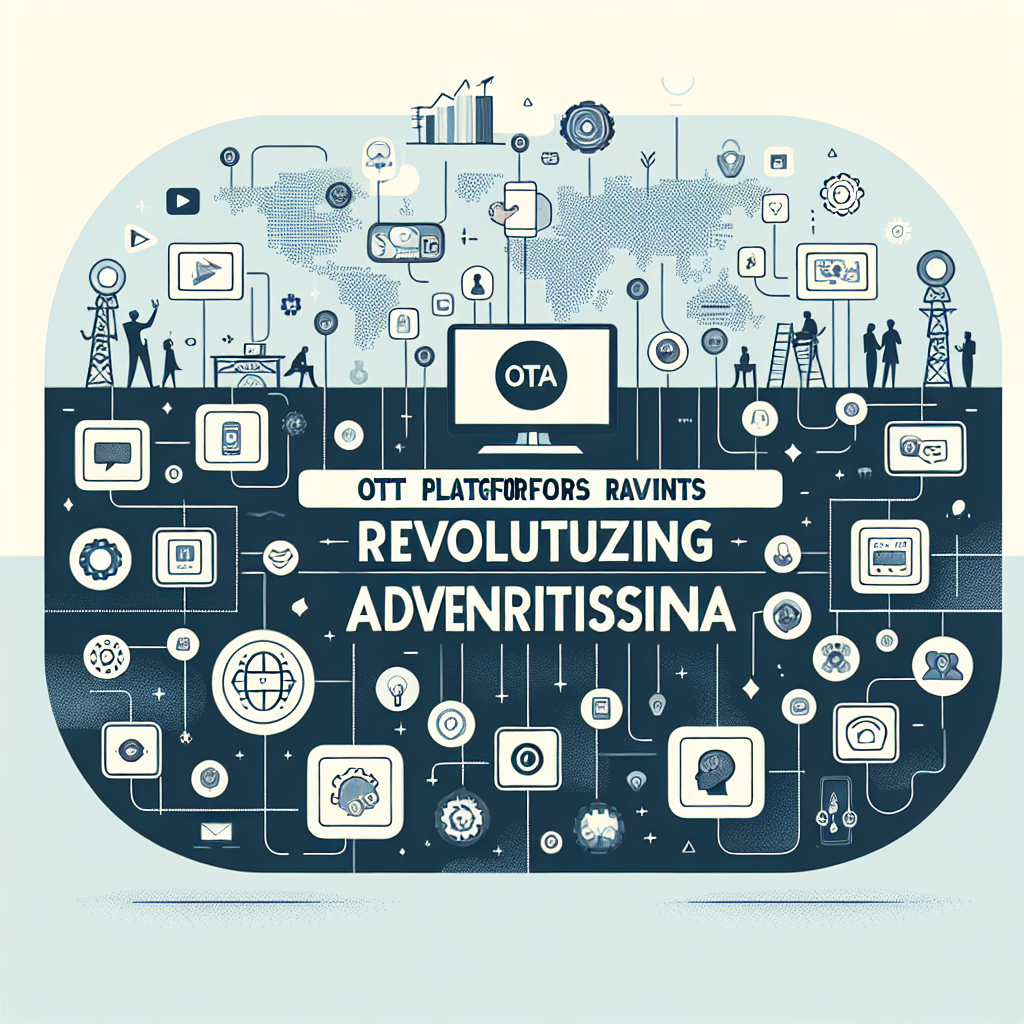Agency vs In-House Influencer Management: Strategic Resource Allocation and Operational Excellence
Last week, I spoke with Jennifer, a marketing director at a rapidly growing direct-to-consumer brand, who was facing a critical decision about her company's influencer marketing operations. Her team had been managing influencer partnerships internally for two years, but scaling challenges and resource constraints were impacting campaign quality and performance. Jennifer needed to decide whether to maintain in-house control or partner with a specialized agency to achieve her ambitious growth targets.
Her dilemma reflects a fundamental strategic challenge facing modern brands as influencer marketing evolves from experimental tactics to core business functions. The integration of artificial intelligence in campaign management, sophisticated legal requirements, and the increasing complexity of multi-platform strategies have transformed influencer marketing from simple creator outreach to comprehensive operational systems.
Introduction: The Evolution of Influencer Marketing Operations
The operational complexity of modern influencer marketing has evolved beyond the capabilities of traditional marketing teams, requiring specialized expertise in creator relations, legal compliance, content strategy, and performance optimization. This evolution has created a strategic decision point where brands must choose between building internal capabilities or partnering with specialized agencies.
Research from the Marketing Operations Institute indicates that brands implementing optimal influencer management structures achieve 145% higher campaign ROI compared to those using suboptimal organizational approaches. Furthermore, analysis of over 3,000 brands reveals that the choice between agency and in-house management significantly impacts campaign performance, cost efficiency, and strategic alignment.
The integration of artificial intelligence in influencer discovery, campaign optimization, and performance measurement has elevated operational requirements beyond traditional marketing skill sets. These technological advances, combined with evolving legal frameworks and platform complexities, have created specialized operational needs that require strategic resource allocation decisions.
1. Agency Benefits: Scale, Speed, and Contract Expertise
Specialized influencer marketing agencies offer distinct operational advantages that enable brands to achieve sophisticated campaign execution without internal resource development.
Scale and Resource Multiplication
Influencer marketing agencies provide immediate access to established creator networks, advanced technology platforms, and specialized expertise that would require significant time and investment to develop internally. This scale advantage enables brands to launch comprehensive campaigns without the typical ramp-up period associated with internal capability building.
Research from the Agency Performance Institute reveals that brands partnering with established agencies achieve 234% faster campaign launch times compared to in-house teams. This speed advantage stems from pre-existing creator relationships, established operational processes, and specialized platform expertise that agencies have developed through multiple client partnerships.
Technology Platform Access and Optimization
Leading agencies invest heavily in sophisticated technology platforms for creator discovery, campaign management, and performance optimization that would be cost-prohibitive for individual brands to develop or license. These platforms often include artificial intelligence capabilities, predictive analytics, and automated optimization features.
Analytics data indicates that agency-managed campaigns utilizing advanced technology platforms generate 78% higher performance accuracy compared to basic in-house tools. This improvement results from sophisticated algorithms that optimize creator selection, content timing, and audience targeting based on comprehensive data analysis.
Legal and Contract Expertise
The regulatory complexity of influencer marketing requires specialized legal expertise in disclosure requirements, contract negotiation, and intellectual property management. Agencies maintain dedicated legal teams that ensure compliance while protecting brand interests through sophisticated contractual frameworks.
Brands utilizing agency legal expertise report 89% fewer compliance issues and 67% lower legal costs compared to those managing contracts internally. This advantage stems from specialized knowledge of evolving regulations and established relationships with creator legal representatives.
2. In-House Advantages: Brand Control and Cost Efficiency
Internal influencer marketing management provides distinct strategic advantages in brand alignment, cost control, and long-term relationship building that agencies cannot replicate.
Brand Control and Strategic Alignment
In-house teams maintain deeper understanding of brand values, messaging priorities, and strategic objectives that enable more authentic influencer partnerships and content development. This alignment advantage becomes particularly valuable for brands with complex positioning or specialized market requirements.
Research from the Brand Strategy Institute indicates that in-house managed campaigns achieve 156% higher brand message consistency compared to agency-managed initiatives. This improvement stems from internal teams' deeper understanding of brand nuances and strategic priorities that guide creator selection and content development.
Cost Efficiency and Budget Optimization
Direct creator relationships eliminate agency fees and markup structures, enabling brands to allocate more budget toward actual influencer partnerships and content creation. This cost advantage becomes particularly significant for brands with substantial influencer marketing budgets or those operating in cost-sensitive markets.
Analytics data reveals that in-house management reduces overall campaign costs by 34% compared to agency partnerships while maintaining comparable performance levels. This efficiency stems from direct creator relationships and elimination of agency fee structures that can represent 20-30% of total campaign budgets.
Long-term Relationship Building
Internal teams can develop deeper, more strategic relationships with key creators that extend beyond individual campaigns to ongoing brand advocacy and collaborative content development. These relationships often result in more authentic partnerships and exclusive creator access that agencies cannot provide.
Brands implementing strategic in-house creator relationship programs report 89% higher creator retention rates and 67% more exclusive partnership opportunities compared to agency-managed relationships. This advantage stems from direct communication and strategic collaboration that builds lasting partnerships.
3. Hybrid Model Implementation and Strategic Optimization
The most sophisticated brands implement hybrid approaches that combine agency capabilities with in-house strategic control to optimize both performance and resource allocation.
Strategic Function Allocation
Hybrid models typically allocate strategic functions like creator relationship management and content strategy to internal teams while outsourcing operational tasks like contract negotiation and performance tracking to specialized agencies. This approach maximizes both strategic control and operational efficiency.
Research from the Marketing Optimization Institute indicates that hybrid models achieve 123% higher overall campaign performance compared to pure agency or in-house approaches. This improvement results from strategic function allocation that leverages the unique advantages of both management approaches.
Technology Integration and Data Sharing
Successful hybrid models require sophisticated technology integration that enables seamless data sharing between internal teams and agency partners. Advanced platforms now support collaborative workflows that maintain brand control while leveraging agency expertise and resources.
Brands implementing integrated hybrid technology solutions report 78% higher operational efficiency and 89% better campaign coordination compared to siloed approaches. This improvement stems from unified data platforms that enable real-time collaboration and performance optimization.
Performance Measurement and Optimization
Hybrid models enable sophisticated performance measurement that combines agency analytics expertise with internal strategic insight. This approach often results in more accurate campaign evaluation and strategic optimization based on comprehensive performance analysis.
Analytics data reveals that hybrid measurement approaches achieve 156% higher attribution accuracy compared to single-source evaluation methods. This improvement enables more strategic budget allocation and campaign optimization based on comprehensive performance understanding.
Case Study: Fashion Brand's Hybrid Influencer Management Evolution
A premium fashion brand evolved from pure agency management to a sophisticated hybrid model that balanced strategic control with operational efficiency. The transformation process began with internal capability assessment and strategic objective clarification to determine optimal function allocation.
The hybrid structure allocated strategic functions including creator relationship management, content strategy, and brand messaging to internal teams while outsourcing operational tasks like contract negotiation, compliance management, and performance tracking to specialized agency partners.
Technology integration included implementation of unified analytics platforms that enabled real-time collaboration between internal teams and agency partners. This integration maintained brand control over strategic decisions while leveraging agency expertise in operational execution.
The brand developed sophisticated performance measurement systems that combined internal strategic insight with agency analytics expertise. This approach enabled comprehensive campaign evaluation and strategic optimization based on both performance metrics and brand alignment assessment.
Results demonstrated the effectiveness of hybrid management with 234% increase in campaign performance, 67% reduction in operational costs, and 89% improvement in creator relationship quality. The brand attributed success to strategic function allocation that maximized both control and efficiency.
Call to Action
Marketing leaders must evaluate their influencer marketing operational requirements against available internal capabilities and strategic objectives to determine optimal management structures. Conduct comprehensive capability assessments that identify gaps between current resources and performance requirements.
Develop strategic frameworks that balance control requirements with operational efficiency needs, considering factors including budget scale, campaign complexity, and internal expertise availability. Invest in technology platforms that enable sophisticated performance measurement and optimization regardless of chosen management approach.
The future of influencer marketing belongs to brands that implement management structures optimized for their specific strategic objectives and operational requirements, whether through specialized agencies, internal teams, or sophisticated hybrid approaches that leverage the unique advantages of both models.
Featured Blogs
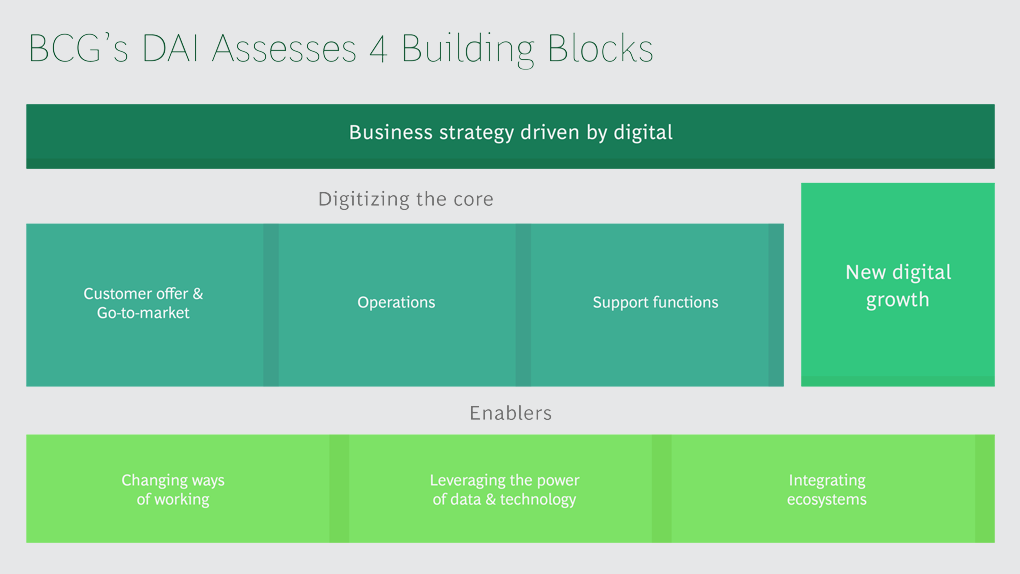
BCG Digital Acceleration Index
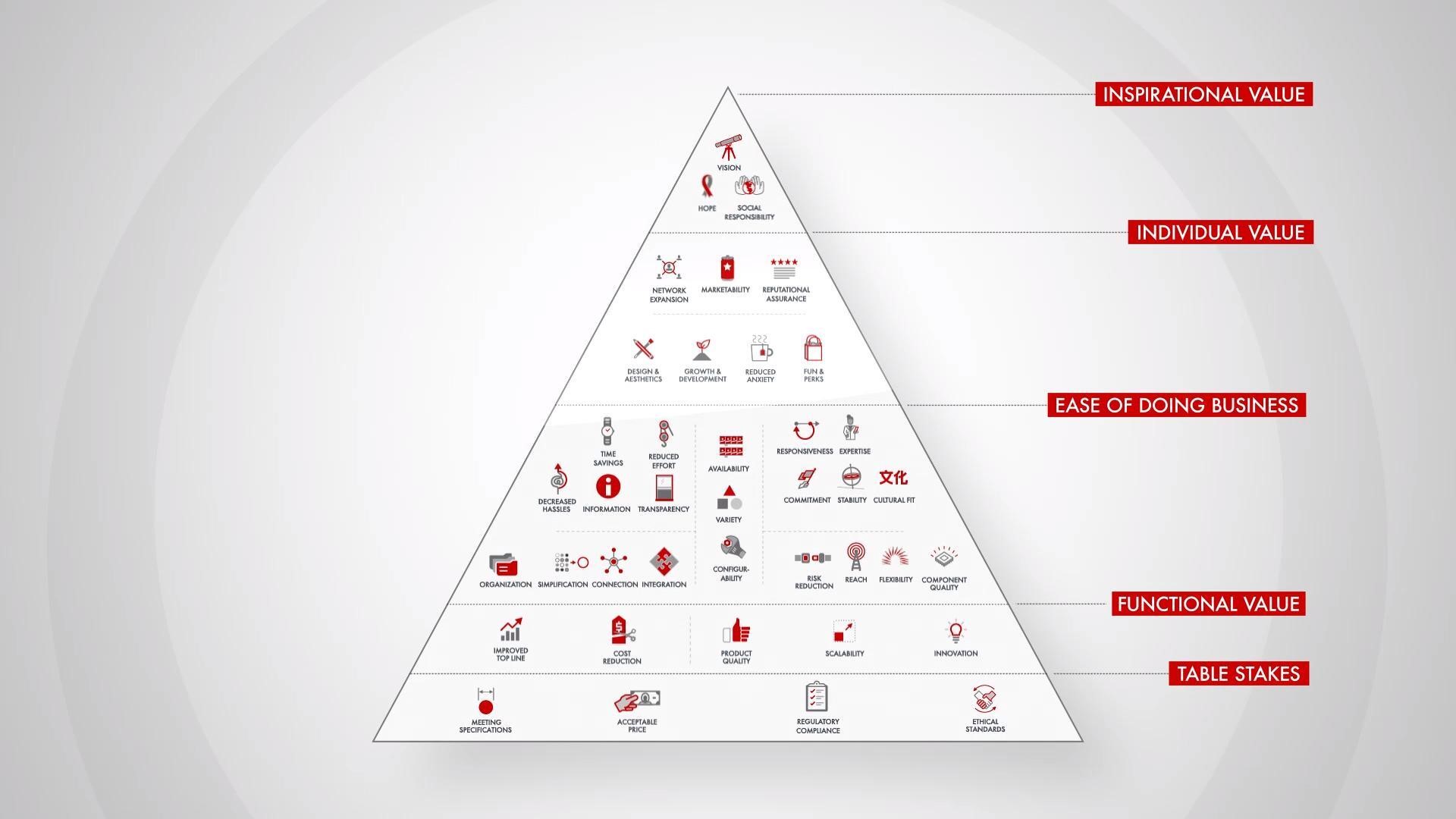
Bain’s Elements of Value Framework
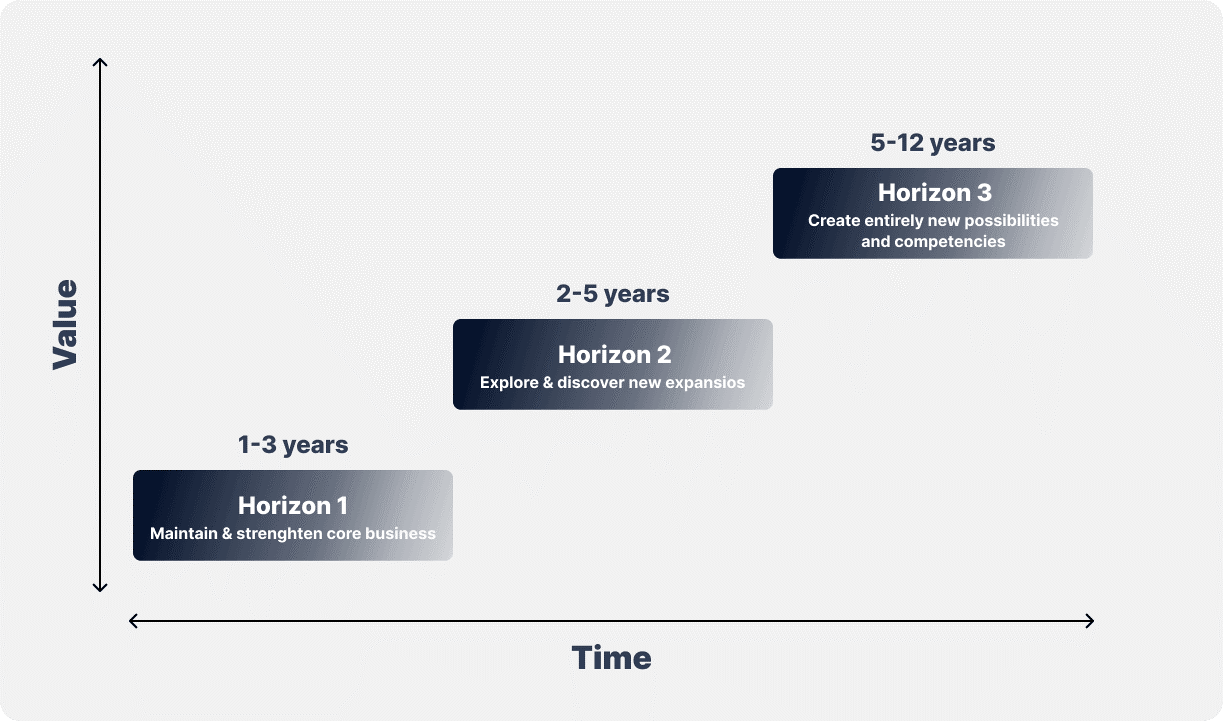
McKinsey Growth Pyramid
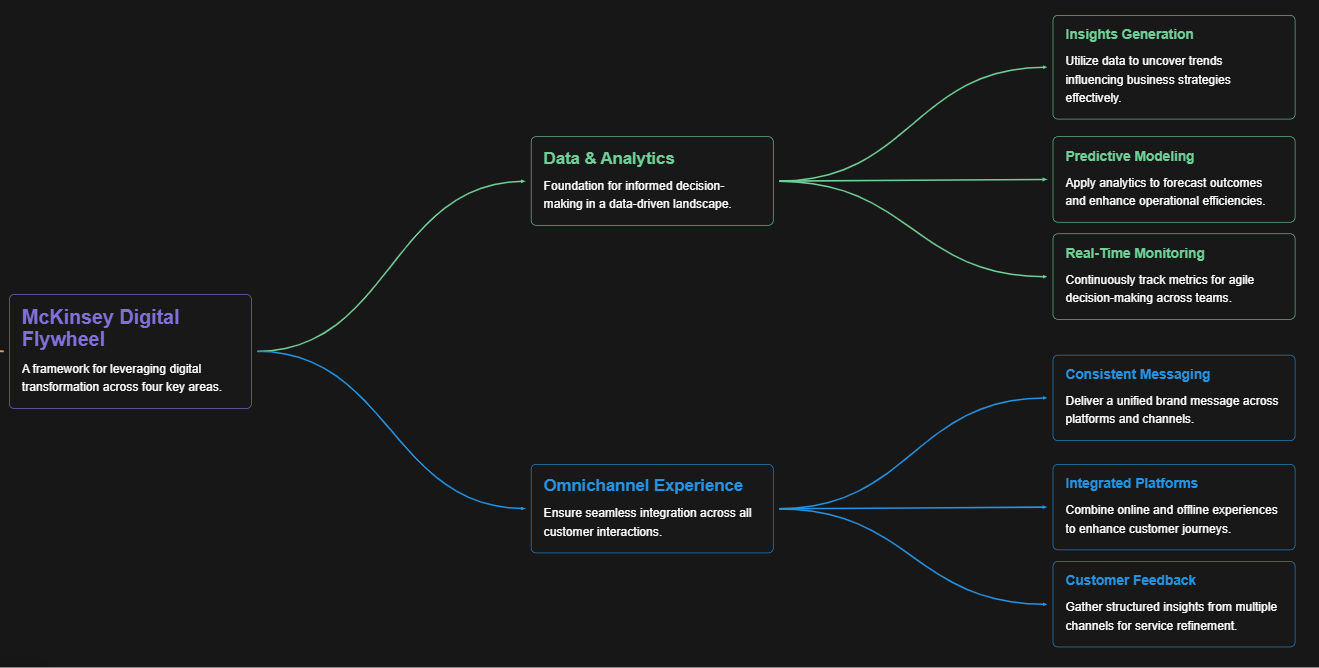
McKinsey Digital Flywheel
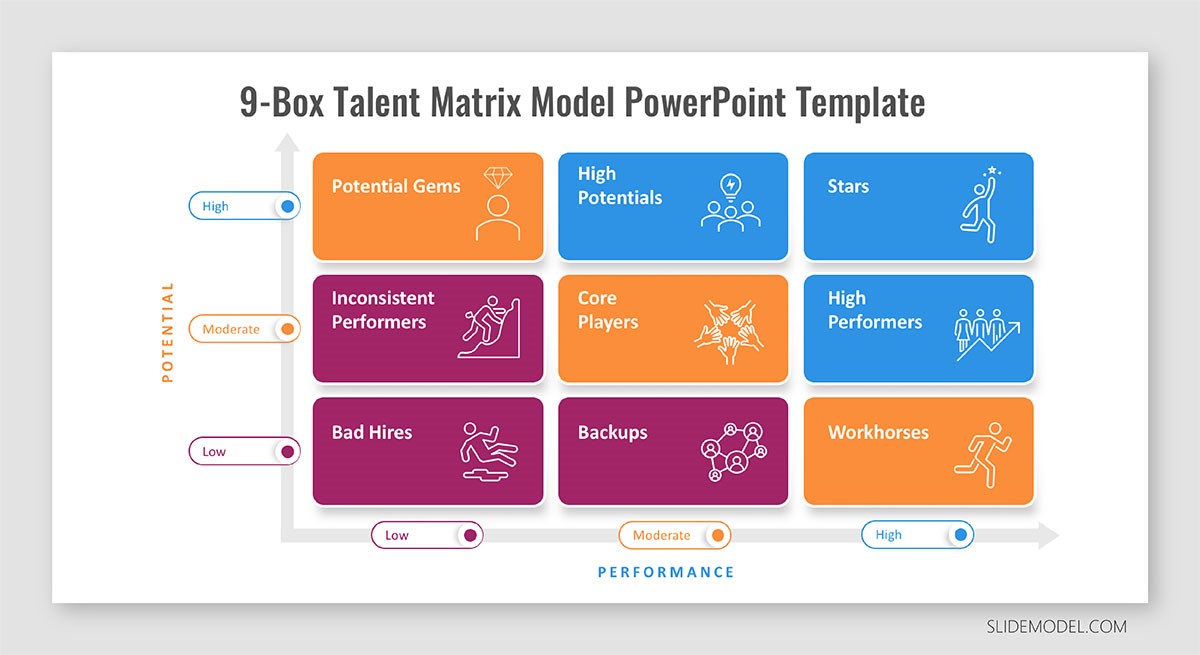
McKinsey 9-Box Talent Matrix
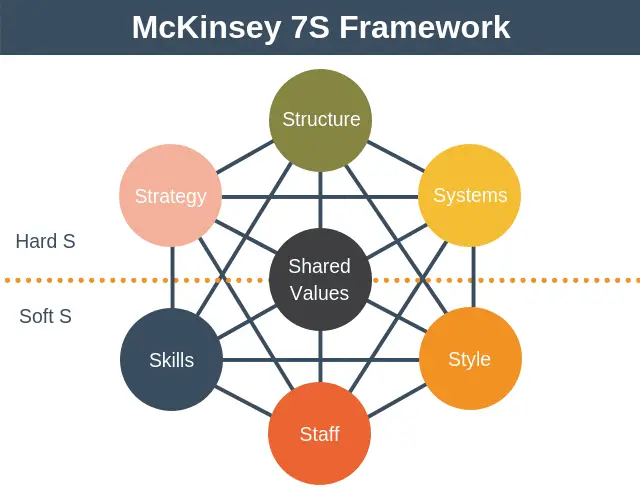
McKinsey 7S Framework
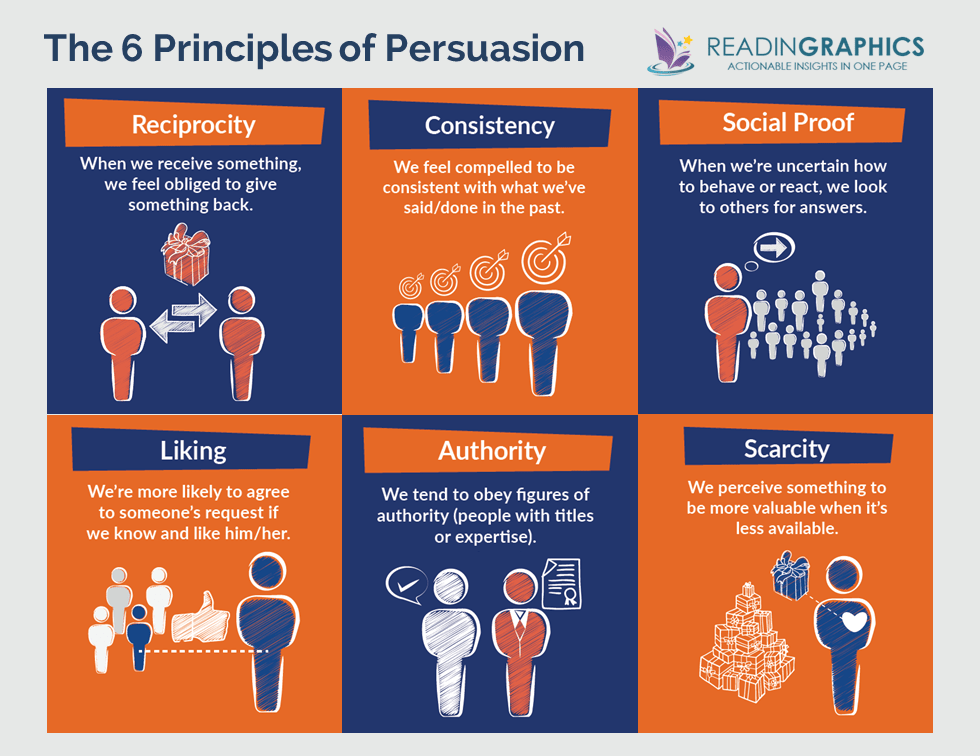
The Psychology of Persuasion in Marketing
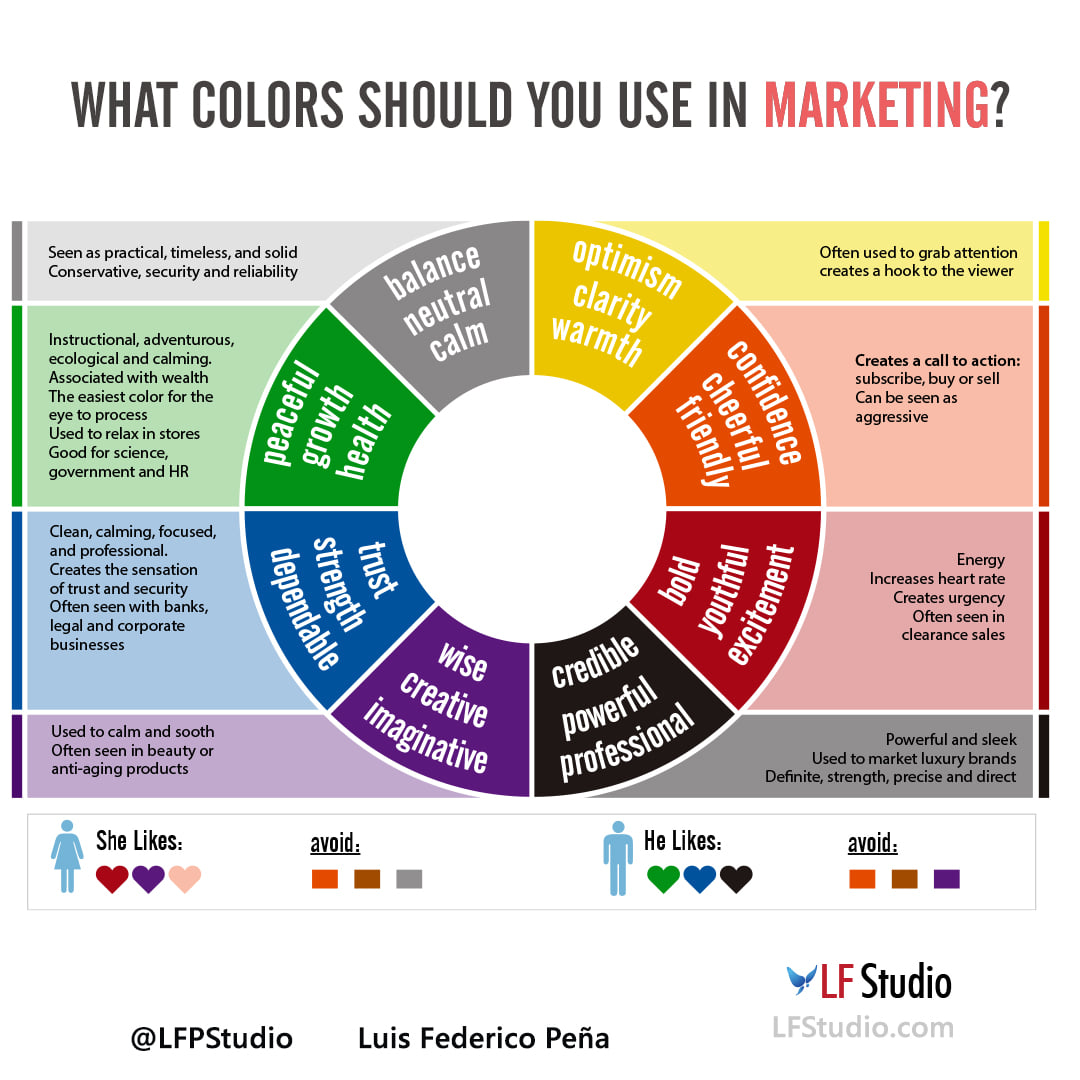
The Influence of Colors on Branding and Marketing Psychology





